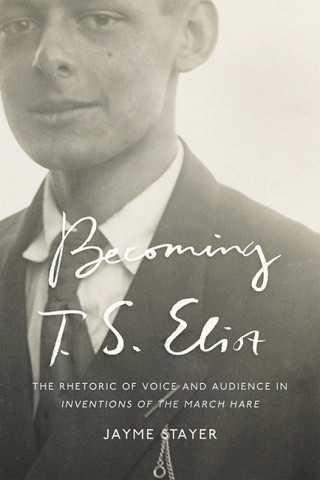Modern Literature and Culture

(Image: MSA 7 featuring Ramon Shiva, Chicago MCMXXI Oil on Canvas, 53' x 50', 1924 Collection of Clifford Law Offices, Chicago)
The PhD in Modern Literature and Culture at Loyola University is designed for graduate students who desire to study Modernism, Postmodern, and Contemporary literature. Loyola University Chicago features faculty working with a variety of literature and poetry including 20th-Century American and British, African-American, and Postcolonial literature. The faculty includes specialists in the fields of Psychoanalytic theory, Feminist theory, Poetry, Drama, and Film Studies.
Field-Specific Requirements
- English 400: Introduction to Graduate Study
- English 402: Teaching College Composition
- Five courses in modern literature
- Two courses in critical theory
- One course in Medieval or Renaissance literature
- One course in nineteenth-century literature
- English 502: Independent Study for Doctoral Qualification
- Electives to fulfill the 60-hour requirement
Modern Literature and Culture Faculty
-
Aqdas Aftab
-
Suzanne Bost
-
David E. Chinitz
-
Joseph Janangelo
-
Harveen Mann
-
Madeleine Reddon
-
Anushka Sen
-
Jayme Stayer
Feature Faculty Books

Which Sin to Bear?
Authenticity & Compromise in Langston Hughes
by David Chinitz
Which Sin To Bear? explores Langston Hughes’s efforts to negotiate the problems of identity and ethics he faced as an African American professional writer and intellectual. The book traces his early efforts to fashion himself as an “authentic” black poet of the Harlem Renaissance and his later imagining of a new and more inclusive understanding of authentic blackness. It examines his lasting yet self-critical commitment to progressive politics in the mid-century years. And it shows how, despite deep misgivings, Hughes was forced to engage in ethical compromises to achieve his personal and social goals.

Encarnación: Illness and Body Politics in
Chicana Feminist Literature
by Suzanne Bost
Encarnación takes a new look at identity, following the contemporary movement away from the fixed categories of identity politics toward a more fluid conception of the intersections between identities and communities. The works of Gloria Anzaldúa, Cherríe Moraga, and Ana Castillo enable us to examine how identities shift and intersect with others through processes of "incarnation." Encarnación accounts, as does no other critical work, for these writers' increasing emphasis on bodies that are sick, disabled, permeable, and, oftentimes, mystical. Concerned equally with the medical-surgical interventions available in our postmodern age and with the ways of understanding bodies in the Native American and Catholic traditions these writers invoke, Encarnación develops a model for identity that expands beyond the boundaries of individual bodies. Winner of the National Women's Studies Association's Gloria E. Anzaldúa book prize for 2010.
Disciplining Modernism
Edited by Pamela L. Caughie
This collection tells a story of disciplinary disorder; Disciplining Modernism brings together a group of leading scholars from various disciplines to confront the terminological confusion in the use of modernism and modernity across disciplines, including anthropology, history, the visual arts, literary studies, comparative literature, film studies, Caribbean studies, sociology, and economics. These fourteen essays use artifacts as different as a Catholic pilgrimage shrine, a Caribbean sculpture, a Chinese poet, and the internal combustion engine to explore the uses and the limits of modernism and modernity, ‘undisciplining’ modernist studies in the process.
Becoming T. S. Eliot
The Rhetoric of Voice and Audience in Inventions of the March Hare
by Jayme Stayer
T. S. Eliot's juvenilia show little inclination to question the social, cultural, religious, or domestic values he had inherited. How did a young man who wrote uninspired doggerel about wilting flowers transform himself—in a mere twenty months—into the author of "The Love Song of J. Alfred Prufrock"? In Becoming T. S. Eliot, Jayme Stayer—praised by Christopher Ricks as a scholar who is "scrupulous in acknowledging the contingencies that will always preclude perfection"—explains this staggering accomplishment by tracing Eliot's artistic and intellectual development. Relying on archival research and original analysis, this is the first book dedicated entirely to Inventions of the March Hare, Eliot's youthful notebook, which was once thought lost but was rediscovered after Eliot's death. Stayer places Eliot's verses in the chronological order of their composition, teasing out the narratives of their making. Focusing on the period from 1909 to 1915, this incisive portrait of Eliot as a budding writer is as much a study of Eliot himself as it is a study of how a writer hones his voice.




